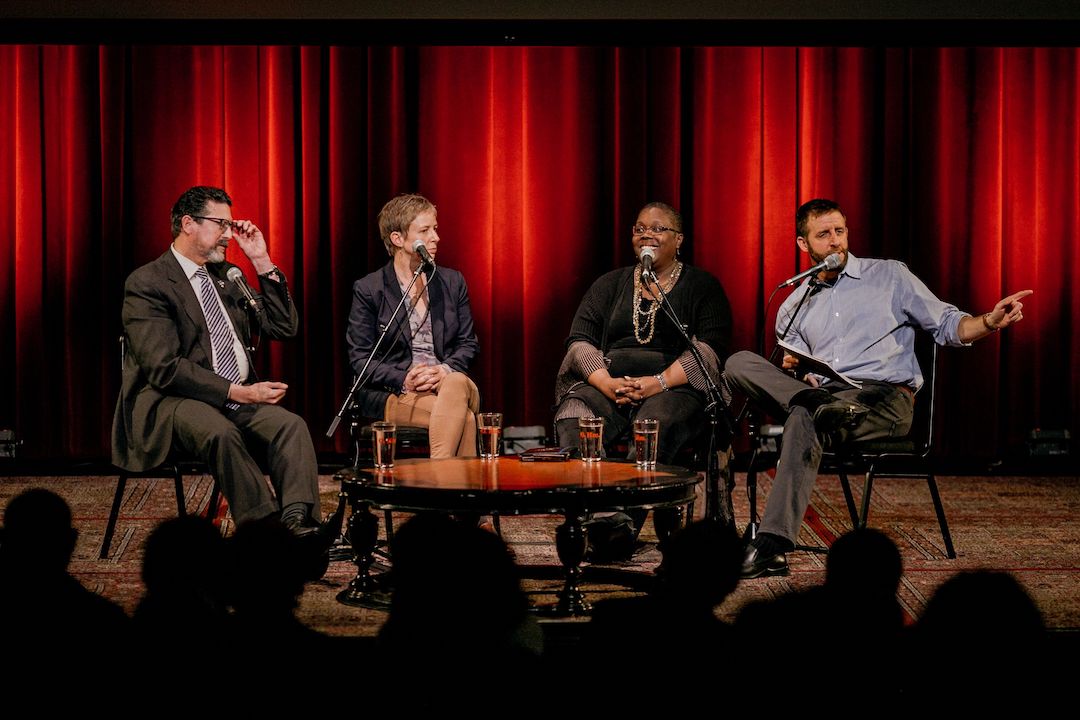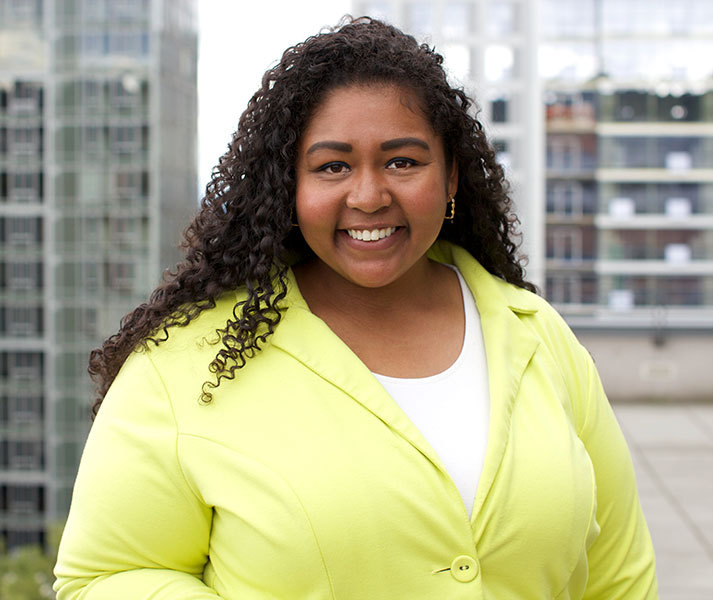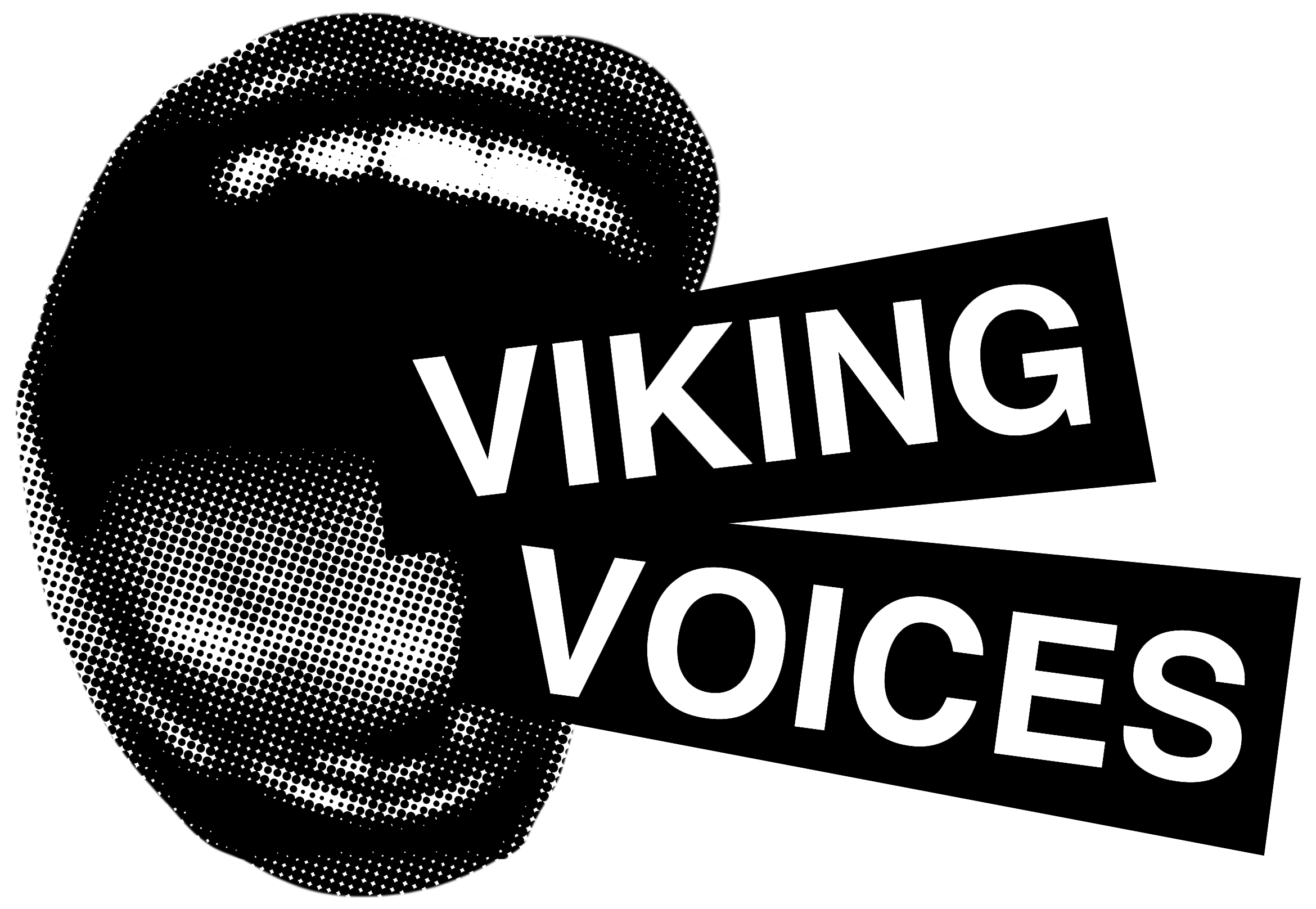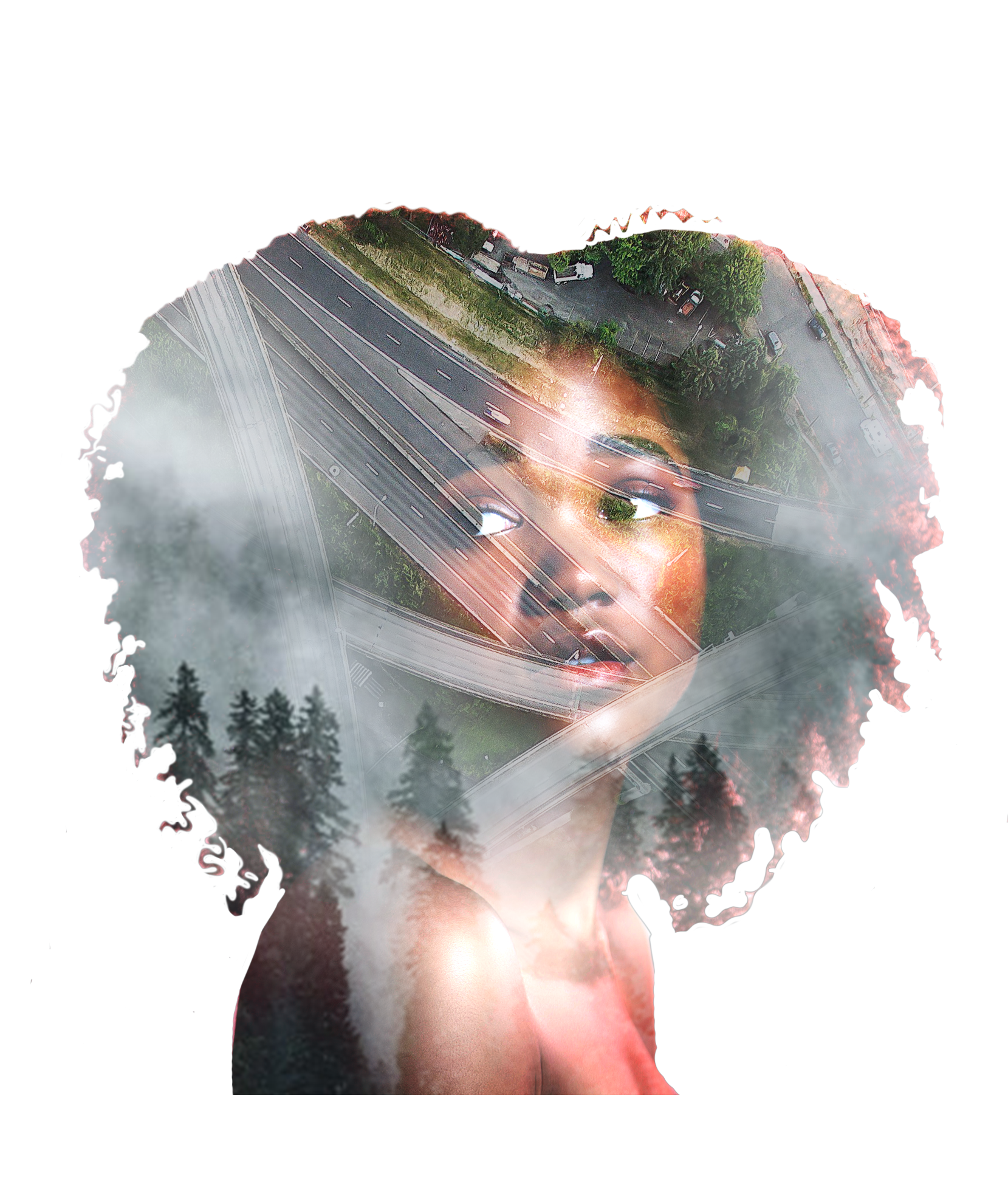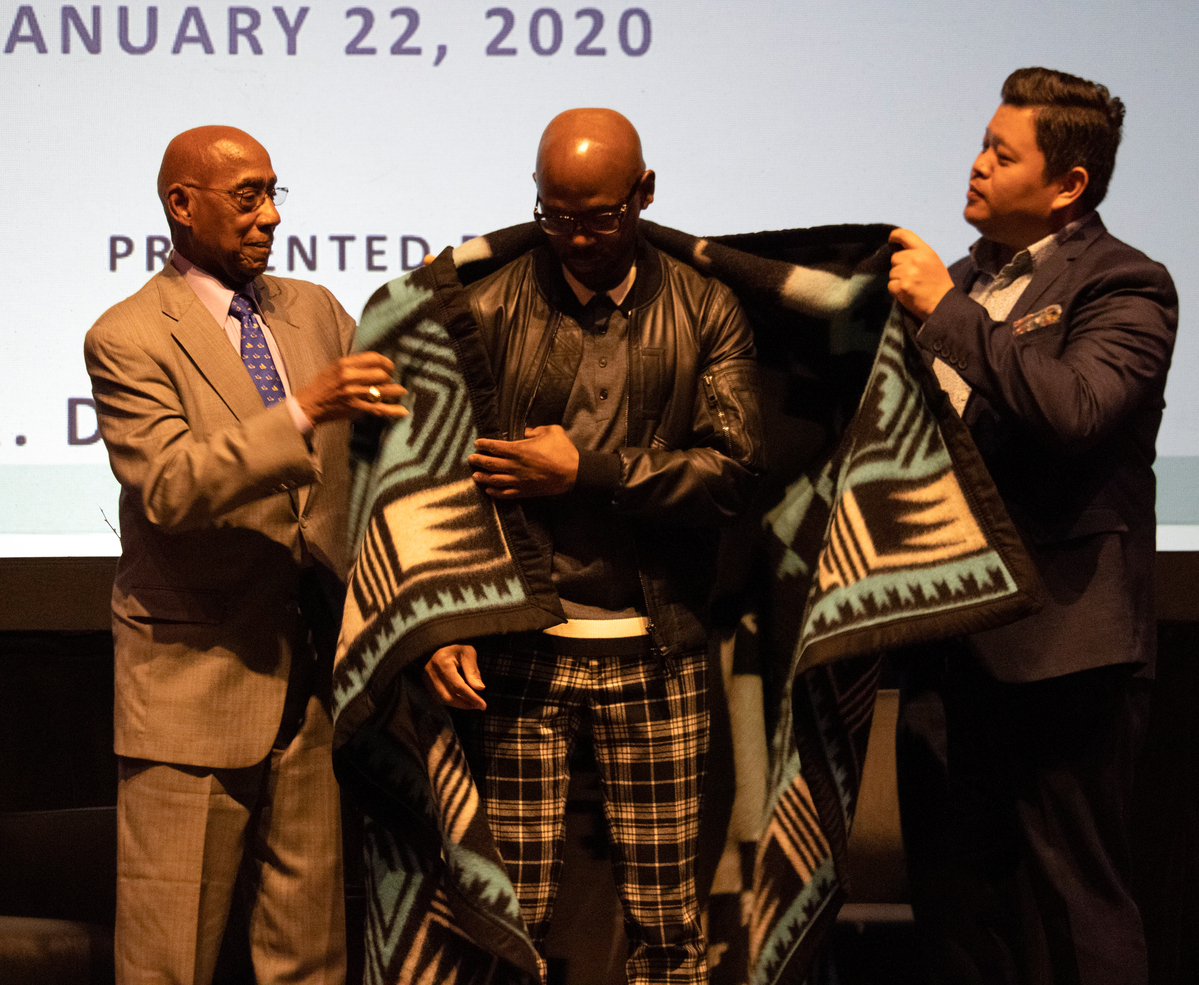Is justice punitive or rehabilitative? Should carrying out justice come from a place of love or a place of retribution? What role does democracy play in the justice system?
Three individuals—Justice Adrienne Nelson, John Haroldson and Shannon Wight—have spent much of their lives devoted to seeking out justice and understanding how it works within the current system. During the Think and Drink event put on by Oregon Humanities on Jan. 22 at the Alberta Rose Theater, a crowd poured into the sold-out show to hear what these players within the justice system had to say.
Nelson is the first African American to sit on the state’s highest court. She was appointed to the Oregon Supreme Court in 2018. She won re-election for a six-year term in 2019. Her desire for justice evolved from an event in high school where she was purposefully passed over for valedictorian despite having the highest GPA in her school, simply because of the color of her skin. She was involved in a lawsuit in the state of Arkansas that corrected the injustice bestowed upon her—making her the first black valedictorian in the state.
Haroldson is the district attorney of Benton County. He was elected in 2008, making him the first Mexican-American DA in the history of the state. His beginning in the field came simply from, “a fixation on justice.”
Shannon Wight is deputy director of the public and criminal justice reform organization Partnership for Safety and Justice. She has 20 years of experience reshaping criminal and juvenile justice systems in Oregon and Louisiana. She began her career interning in a houseless shelter in Washington, D.C. where she saw rampant discrimination against minorities.
The role of the criminal justice system in the United States is under debate throughout the country. To these three individuals, one thing is certain: the system is flawed. Haroldson said, “We all inherited an imperfect system. It’s critical for us to recognize that.”
“I think it is actually designed to do what it is doing, and that is the fundamental problem,” Wight replied with a roar of applause from the audience.
“I don’t call it the justice system,” Justice Nelson added, “I call it the legal system, because I know it’s a structure.”
They went on to describe a rigged system that is supposed to constitute justice in the country.
Haroldson shared an anecdote from early in his career when a well-meaning but unqualified court interpreter almost led to his client, a young Latino man, accidentally pleading guilty. “And the lesson that I took away from it was that when our communities are not represented in positions of leadership, no matter what system it is, that there will be injustices no matter how good the intention is,” Harldson said.
People of color are dramatically underrepresented in positions of leadership within the legal system. Nelson brought up the importance of underrepresented individuals serving juries. “You need democracy in the form of a juror,” Nelson said. “I am sure if many people in this room tonight got a jury summons they would not be excited about it. And that’s fair, because it is intrusive, it takes away your time.”
If one cannot afford to take a day off of work, then they cannot afford to engage with the legal system. When juries are made up of a similar demographic time after time after time, precedent is set in a certain direction.
A diverse jury is important, but only one step in creating an equitable justice system. Wight, the community organizer, was quick to point out that only about 5% of criminal cases have the chance to go before a jury. The other 95% end in a plea deal.
Wight explained, “The criminal justice system is an anti-democratic tool. People being convicted of crimes not being able to vote, that makes no logical sense. It is literally a way of marginalizing voices.”
Each speaker gave a concrete example of changes that could positively impact the legal system. Nelson offered her examples: “Every person who comes into our legal system should have legal representation…In a civil case most of the time people are self-represented, which [is to say], unrepresented. We are seeing people come to our courts that are being held accountable to legal standards as if they are lawyers. I think that it would be an incredible thing to have everyone…have an attorney that can help them navigate that system.”
“I work for an organization that tries to make change so I have two hundred ideas that I will try and pretend are only two,” Wight said. “One way is to shrink [the justice system]. We want to be thinking about what victims are getting as well as people convicted of crimes…think about the ways we can do justice differently.”
“We are at a historical time of demographic conversion across this country where the majority will change, but we have not kept up with that demographic change in positions of power in all systems, including the criminal justice system,” Haroldson said. “In other words, if there isn’t a lot of diversity among judges, we really need to ask if there is a lot of diversity among lawyers across the board.”
“Is there enough diversity in law schools?” Haroldson continued, “Is there enough diversity in colleges? Now, what would the world look like if every person had an opportunity to get a college education and they didn’t have to pay for that. What would that look like? What impact would that have on our justice system?”
The legal system and justice are not automatically intertwined. “Justice requires two components to exist,” Haroldson said. “One, you must have community. Second, you must have love. You got to care about the community and if you don’t care about the community you don’t have justice.”
To see more events similar to the one described in this article, go to oregonhumanities.org.

